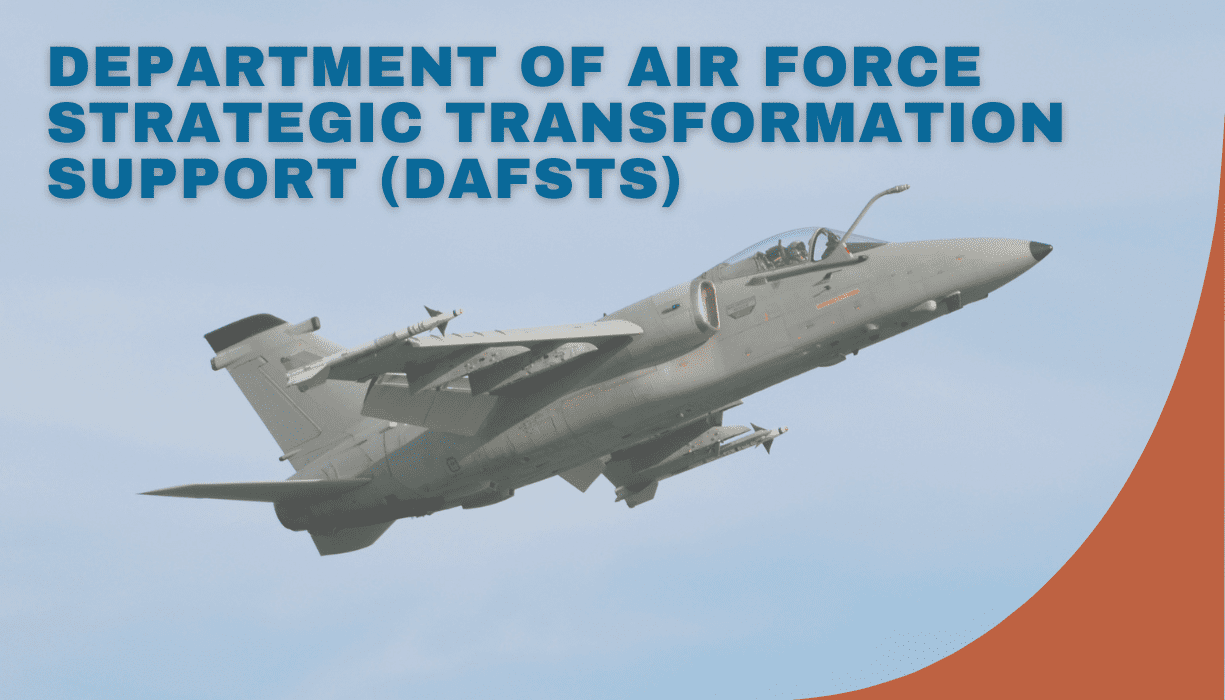Tier 1 (for on the Fortune 500 list as of either 2023 or 2024)
- Experience with Fortune 50 companies and government agencies at Major Command level or higher
- Expertise in handling highly complex, undefined, and unstructured problems
- Capability to advise on comprehensive business model rethinking and crisis response
- Focus on large-scale, disruptive changes often requiring immediate action
Tier 2 (for companies with experience providing services to Fortune 200 companies (Fortune 200 list of either 2022 or 2023)
- Experience with Fortune 200 companies and government agencies at Major Command level or higher
- Expertise in handling moderate to complex problems
- Focus on cautious progression and incremental changes
- Typically deals with internal challenges and continuous improvements
The main differences between Tier 1 and Tier 2 are:
- Complexity of problems:
- Tier 1 focuses on “highly complex, undefined and unstructured problems” that are usually large in scale with little context or definition provided.
- Tier 2 deals with “moderate to complex problems” where requirements are complex but usually understood with a defined goal.
- Corporate experience requirements:
- Tier 1 requires past experience with Fortune 1-50 companies.
- Tier 2 expands the pool to include experience with Fortune 1-200 companies.
- Scope of changes:
- Tier 1 often involves sudden, disruptive changes requiring immediate action.
- Tier 2 typically focuses on cautious progression and incremental changes.
- Stakeholder involvement:
- Tier 1 usually requires engagement across multiple stakeholder communities, often external to the requesting agency.
- Tier 2 typically involves stakeholders internal to the requiring organization within the requesting federal agency.
- Impact level:
- Tier 1 problems often have political or statutory impacts.
- Tier 2 challenges usually do not have political or statutory impacts.
- Existing best practices:
- Tier 1 may deal with scenarios where there are potentially no existing best practices in government to leverage.
- Tier 2 may involve more established practices or processes within the government.
Important Submission Deadlines for the DAFSTS Contract
Here are the key submission deadlines:

How to Win the DAFSTS IDIQ Contract
This contract has many moving parts, and a strong coordination strategy is essential. Make sure the October 9 submission is completed promptly. Your team will need experience handling complex submissions and multiple deadlines. You’ll require an experienced Proposal Manager, technical writing expertise, and strong proposal coordination—especially if you are responding as a Joint Venture.
OCI’s Proposal Support for DAFSTS
OCI is ready to provide support, whether you need a single expert or an entire team. We understand the importance of this win and are committed to supporting your success.





Leave A Comment